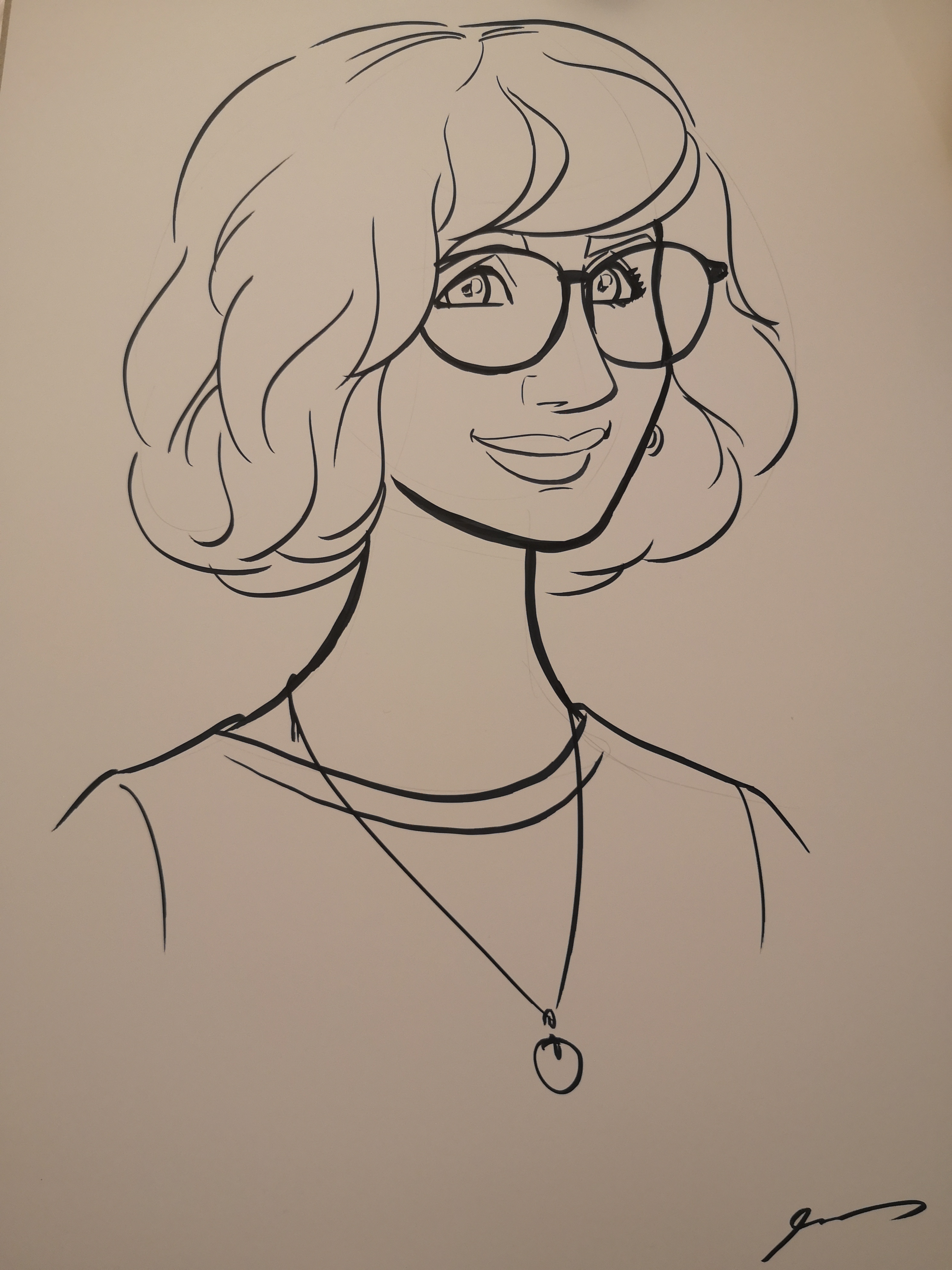Mentoring Philosophy
I believe that a mentoring network tailored to your specific needs is an indispensable piece of the puzzle for success. As a mentee, my scientific journey would not have been the same without the guidance and support from my mentors. As a mentor, my own mentoring philosophy is built upon two core values: effective communication and fostering growth.
“Communication works for those who work on it.” (John Powell)
Communication is the mortar of every mentor-mentee relationship. Effective communication is not only necessary to successfully transfer scientific knowledge, but also to exchange and align expectations and needs in a mentor-mentee relationship. As a mentor, I have to make sure that scientific concepts are heard and that the mentee is able to act upon it. Furthermore, it is my responsibility as a mentor to create an environment that allows mentees to express their concerns and needs. Every mentor-mentee relationship is unique: so is the path towards effective and fruitful communication. To guarantee effective communication, I assess the preferred communication style (e.g., email, in-person meetings, Zoom calls) together with each mentee at the beginning of the mentor-mentee relationship, schedule check-in meetings, and encourage additional drop-ins through an open-door policy. I believe that effective communication is key to any successful and fulfilling career, within as well as outside of academia. Thus, I work on my written and oral communication skills regularly and I expect the mentees to do the same.
“Above all, don’t fear difficult moments. The best comes from them.” (Rita Levi-Montalcini)
My personal goal as a mentor is to see mentees identify and ultimately achieve their respective career goals. To achieve those goals, I foster the mentees’ professional and personal growth to the best of my abilities. In the first month of the mentor-mentee relationship, I co-develop a career development plan together with each mentee to identify career goals. This career development plan is a living document and will be revisited and adapted on a regular basis. When listening to mentees talking about their personal goals and needs, I set aside my own personal opinion on what skills are “challenging” to master because my perceptions are based upon my very own educational and cultural background, not that of the mentees. I support mentees in gaining the skill set necessary to reach their goals, either by teaching them myself or by providing them with the necessary resources and professional connections. I believe that growth demands us to push boundaries. However, by pushing boundaries, failure becomes inevitable part of the growing process. As a mentor, I challenge mentees to see failure as an opportunity for improvement rather than defeat; we will work together as a team to overcome those challenges.
In summary, all my mentoring strategies are geared towards allowing mentees to grow into proficient communicators and critical thinkers that see setbacks as challenges rather than defeat.
